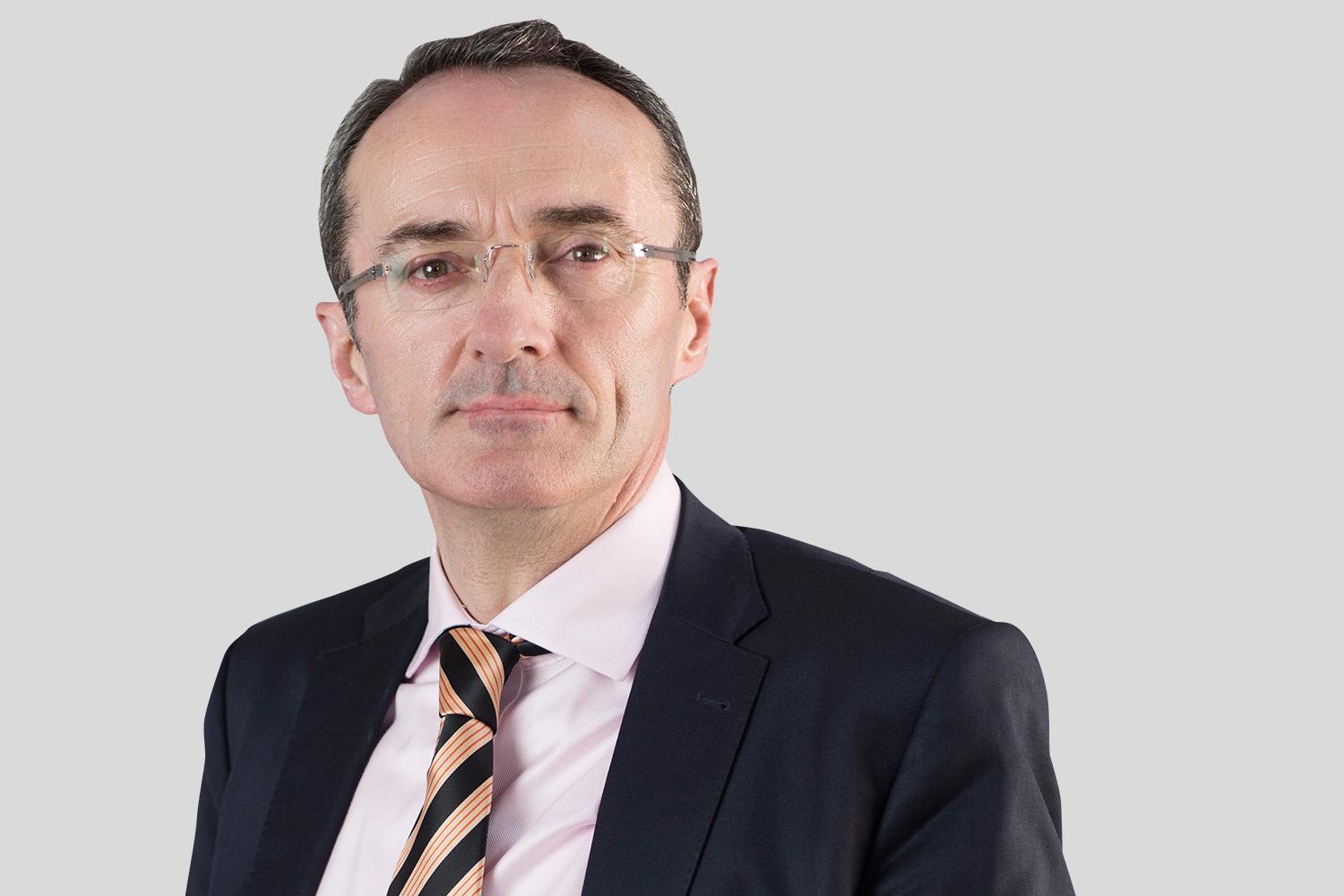Related Articles
Ireland – European champions!
Earnings in Ireland were 74% higher than the EU average and 65% higher than the eurozone average.
Economics is often dismissed as the dismal science. So here’s a bit of good news for us to ponder. Guess which euro zone country enjoys the highest real median income levels? Ireland does, according to think tank Publicpolicy.ie.

The Eurostat data shows that median gross hourly earnings in Ireland were the highest in the eurozone and second highest in the EU — just 10 cents an hour behind Denmark — after taking account of differences in purchasing power. Earnings here were 74% higher than the EU average and 65% higher than the eurozone average.
What lies behind this excellent news? A clue can be found in the analysis of 2015 Corporation Tax Returns and 2016 Payments published last month by the Revenue Commissioners. That contains analysis, which splits payroll taxes (PAYE, USC and PRSI) received from foreign-owned multinationals and those received from other, domestically owned, firms. In 2015, the average income per employee of someone employed at a multinational subsidiary exceeded that of a person working in a domestic firm by more than 70%. Furthermore, in that year the total employment income for those working for multinationals was almost 40% of total income paid by all companies.
Our economic prosperity is heavily dependent on Ireland’s success in attracting foreign — mainly US-owned — multinationals to locate here. We should, therefore, look with great suspicion at proposals which might threaten that, such as the EU’s plans for a CCTB.
Cormac Lucey is an IMI associate on the IMI Diploma in Business Finance. Cormac is also a Financial Services Consultant and Contractor who has previously worked with PricewaterhouseCoopers, Rabobank Frankfurt and the Department of Justice.





